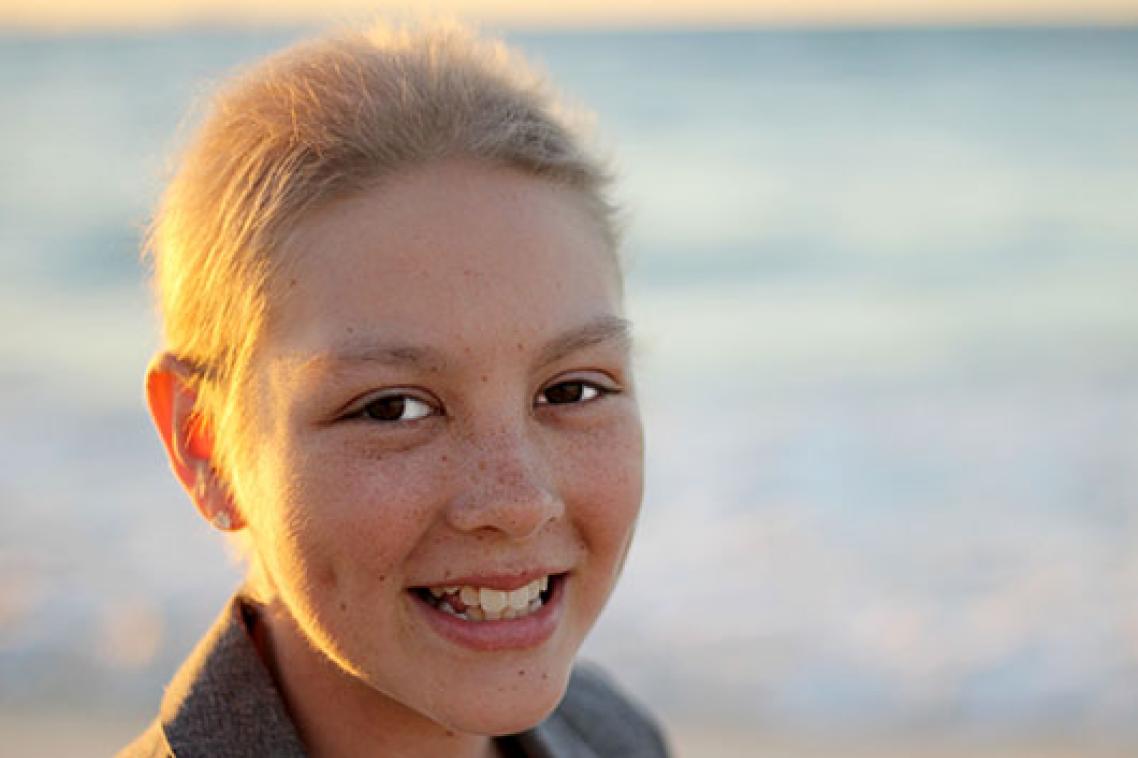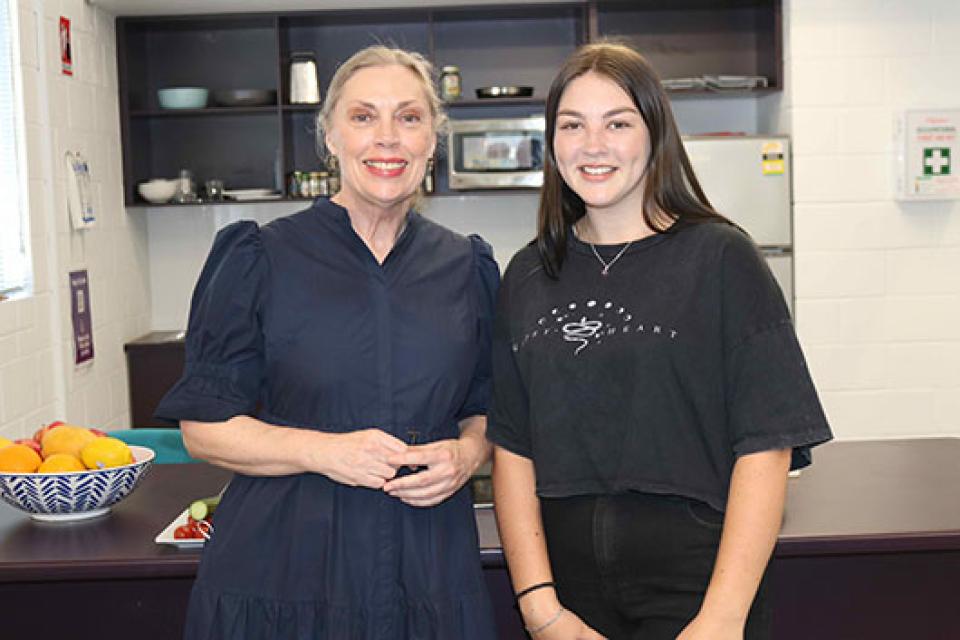Wellbeing program to help young people rebuild their life after cancer

A digital program enhancing physical and mental wellbeing for young people adjusting to life after cancer, will be developed by The University of Queensland in partnership with cancer support organisation Canteen.
The project BALANCE has been awarded $1.37 million from the National Health and Medical Research Council.
Project leader Professor Sandie McCarthy, from UQ’s School of Nursing, Midwifery and Social Work said the aim was to give young people treated for cancer the knowledge and skills to sustain a healthy lifestyle.
“Surviving cancer does not necessarily mean younger people can return to their former state of health - they must work at it,” Professor McCarthy said.
“Young people need mental health strategies to manage the distress associated with their cancer experience.
“As the program is driven by the needs of young people, it will be designed and delivered in consultation with them.”
Around 5,000 young people aged 15-24 were diagnosed with cancer in Australia in the last five years and due to treatment advances, the survival rate is now at almost 90 per cent.

For these young people they are more likely to face physical and mental health issues later in life than their peers.
Two thirds will develop chronic health conditions like heart disease or respiratory disorders while almost a quarter will experience mental health symptoms such as anxiety, depression and post-traumatic stress.
Canteen’s General Manager of Research, Policy and Patient Programs Associate Professor Pandora Patterson said BALANCE would help young people who survive cancer achieve the same prospects for quality of life as their peers.
“A young person’s cancer journey does not end when treatment stops,” Associate Professor Patterson said.
“The physical and mental impacts of cancer treatment can be long term and affect every aspect of life.
“Advances in therapy have improved survival rates, but there remains a lack of formal support to help young people manage and overcome the potentially lifelong adverse effects of cancer treatment.
“Post-cancer treatment care is often fragmented and siloed, making it difficult for young people to access.
“Canteen is thrilled to partner with UQ researchers to develop a solution that is purpose-built and evidence based to support young people through the difficult aftermath of cancer treatment so they can go on to have the best quality of life.”
Image above left: BALANCE project leader UQ Professor Sandie McCarthy with Canteen Youth Ambassador Aimee.
Media: Professor Sandie McCarthy, s.mccarthy@uq.edu.au; Kirsten O’Leary, UQ Communications, k.oleary@uq.edu.au, +61 412307594.
Related articles

Greater attention needed on community service workforce

UQ ranked second nationally in AFR Best Universities Ranking
Media contact
UQ Communications
communications@uq.edu.au
+61 429 056 139
